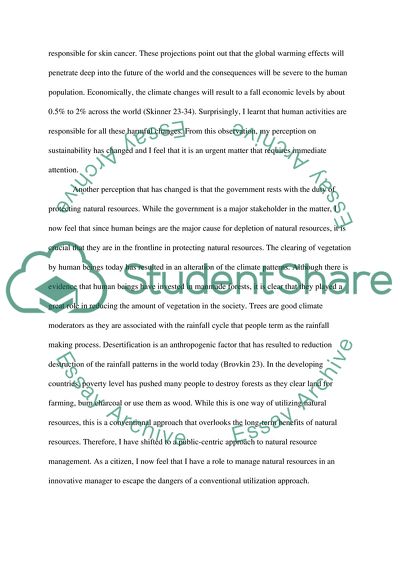Cite this document
(“Sustainable Management of Natural Resources Essay”, n.d.)
Retrieved from https://studentshare.org/physics/1682311-assignment-2
Retrieved from https://studentshare.org/physics/1682311-assignment-2
(Sustainable Management of Natural Resources Essay)
https://studentshare.org/physics/1682311-assignment-2.
https://studentshare.org/physics/1682311-assignment-2.
“Sustainable Management of Natural Resources Essay”, n.d. https://studentshare.org/physics/1682311-assignment-2.


